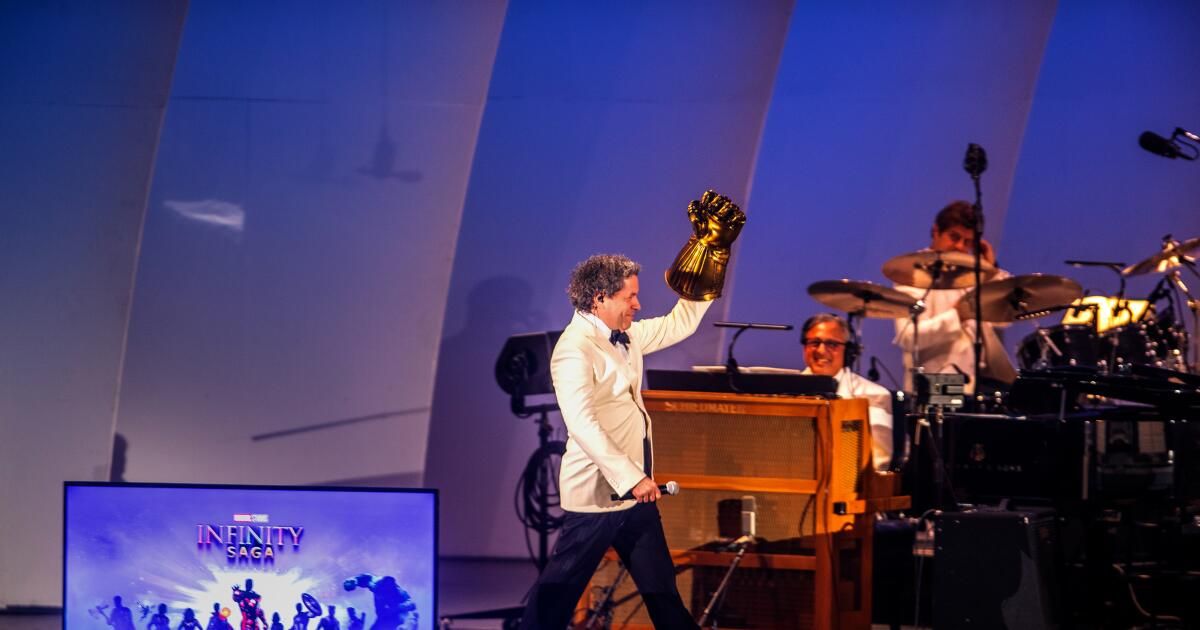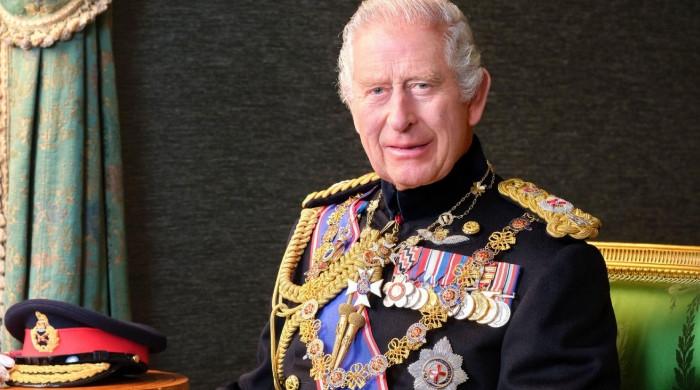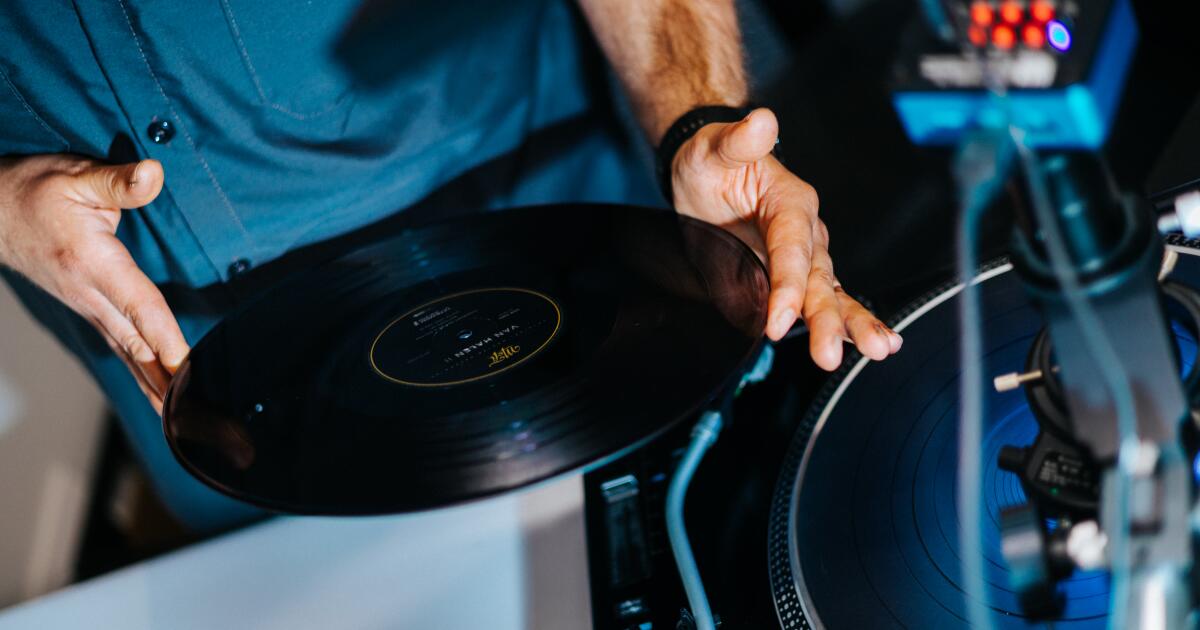In the final week of the 2005 Hollywood Bowl season, a baby-faced conductor made his American debut in front of a tired Los Angeles Philharmonic in a program that ended with Tchaikovsky's Fifth Symphony. If the performance was “a little cagey,” perhaps that was because the 24-year-old maestro had a police helicopter buzzing throughout the first movement and a car alarm blaring a 4/4 beat during the third movement's 3/4 waltz.
Still, it was an extraordinary evening, one that enlivened both orchestra and audience and went down in the Hollywood Bowl history books. Four years later, that same conductor made Bowl history again by conducting Beethoven’s Ninth Symphony in a special free concert. Broadcast around the world, “Bienvenido Gustavo!” inaugurated Gustavo Dudamel’s musical direction of the Los Angeles Philharmonic.
Dudamel has returned to the Bowl to coach the final two weeks of this summer season in what is now his Hollywood Bowl. Both landmark concerts are clearly on his mind. He started again with Tchaikovsky's Fifth Symphony. On Tuesday evening he will conduct Beethoven's Ninth Symphony.
It’s been a long time since Dudamel played it cool at the Bowl, where he now seems open to just about anything. Even for this bold music director, these two weeks are unlike any he’s had at the Bowl — unlike any he or anyone else would dare do anywhere else. Clearly, Dudamel has his mind set on the fact that he will leave the Bowl after the summer of 2026, when he becomes music director of the New York Philharmonic — though he says he plans to return as a guest every summer.
Right now, though, Dudamel is closing out the final 15 days of the Summer Bowl with six very different programs. By my count, more than 125,000 people will have attended the sold-out weekend pop-oriented programs and the classical music concerts on Tuesday and Thursday. The Los Angeles Philharmonic no longer provides attendance figures, but they are numbers that pop stars and politicians might envy.
What's even more astonishing is that such different programs attract such different audiences. I may have been one of the few people, other than the LA Phil and Bowl officials, who attended all of them. In fact, I wasn't always sure what I was doing there, but Dudamel was always in his element.
The Tchaikovsky was bold, vigorous, playful, furious, propulsive, exquisite in its detail, played with fire and passion. Caution was not thrown to the wind, but a bracing sense of spontaneity brought freshness and a kind of zest that Dudamel hinted at 19 years ago but was not yet able to fully implement.
What was a little curiously cautious was the performance of Yunchan Lim, the 20-year-old Korean pianist, as soloist in Beethoven’s Emperor Concerto, which preceded Tchaikovsky’s. While Lim’s mature eloquence was never in doubt and the assurance and exquisite beauty of his playing was an impressive display, his playing was perfectionist and he managed to make everything work seamlessly. He is a great talent and received ideal support from Dudamel, but he will soon become a star.
The next night, in front of a raucously disparate crowd, Dudamel commanded the Los Angeles Philharmonic in the world premiere of “Marvel Studios’ Infinity Saga Concert Experience.” Action scenes from 25 Marvel movies covered video screens large and small. Lighting and immersive projections took over the stage. The music was loud. The sound effects, too. The crowd ate it all up, buying merchandise like Marvel was going out of business.
Dudamel didn't have to do this. He obviously wanted to do it and looked like he was having a blast. But this show is being done on the road with other directors, and that may not matter to most Marvel fans. If you're not a Marvel fan, the music doesn't matter much. I left during intermission.
Last weekend’s sold-out concerts were a completely different picture. With the exception of John Adams’ “Short Ride in Fast Machine,” in the most thrilling rendition I’ve ever heard of the opening song, the long evening was devoted to Mexican music, with Natalia Lafourcade taking center stage. She sang a nearly 90-minute set of her songs accompanied by the Los Angeles Philharmonic, but also in a cabaret setting at the end.
Unlike Marvel's show, fueled by violent testosterone, Lafourcade brought a decidedly intimate and personal warmth. Even without translation, her songs enchanted.
There were also orchestral dance scores written in 2017 by Arturo Márquez (“Danzón No. 9”) and Gabriela Ortiz (“Antrópolis”), two Mexico City composers whom Dudamel has championed. Both brought audiences practically to their feet. Dudamel commissioned and premiered “Danzón No. 9.” “Antrópolis,” which captures the aura of dance halls in 1980s Mexico City, was written for Carlos Miguel Prieto, who also conducted earlier this season at the Bowl.
In between these big weekends, Dudamel conducted a quirky program that began with a humorous yet spectacular rendition of Saint-Saëns’s “Carnival of the Animals,” featuring pianists Sergio Tiempo and Karin Lechner, along with an animated film and charming narration by Dudamel’s son, Martín.
Dudamel told the audience that the second half included excerpts from an opera about sex, cigarettes and murder that Martin was not allowed to narrate. These brief excerpts from “Carmen,” featuring the mezzo-soprano Rihab Chaieb, had a surprising degree of vivacity and lust that would be hard to match. If Dudamel, as he surely wants to do, performs opera when he goes to the New York Philharmonic, the Metropolitan Opera across the square will have something to worry about.
At 43, Dudamel is a conductor in transition. He may never again have such generous opportunities elsewhere to offer so much to so many people. New York is expecting another Bernstein. What it is getting is a Dudamel from Los Angeles, which, like these two weeks at the Bowl, is not the same. New York will get a taste next month, when Dudamel brings the Los Angeles Philharmonic to Carnegie Hall for three concerts, including the Mexican program with Lafourcade.
But Dudamel does, in fact, have a potent message from Bernstein for the Bowl. He will precede Beethoven’s Ninth with Bernstein’s “Chichester Psalms” at the Bowl on Tuesday, upbeat works with calls for brotherhood, community and nonaggression that coincidentally will come right after a presidential debate.











